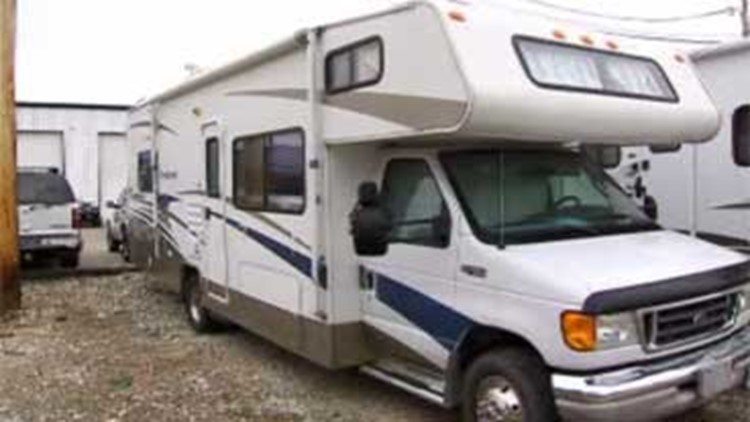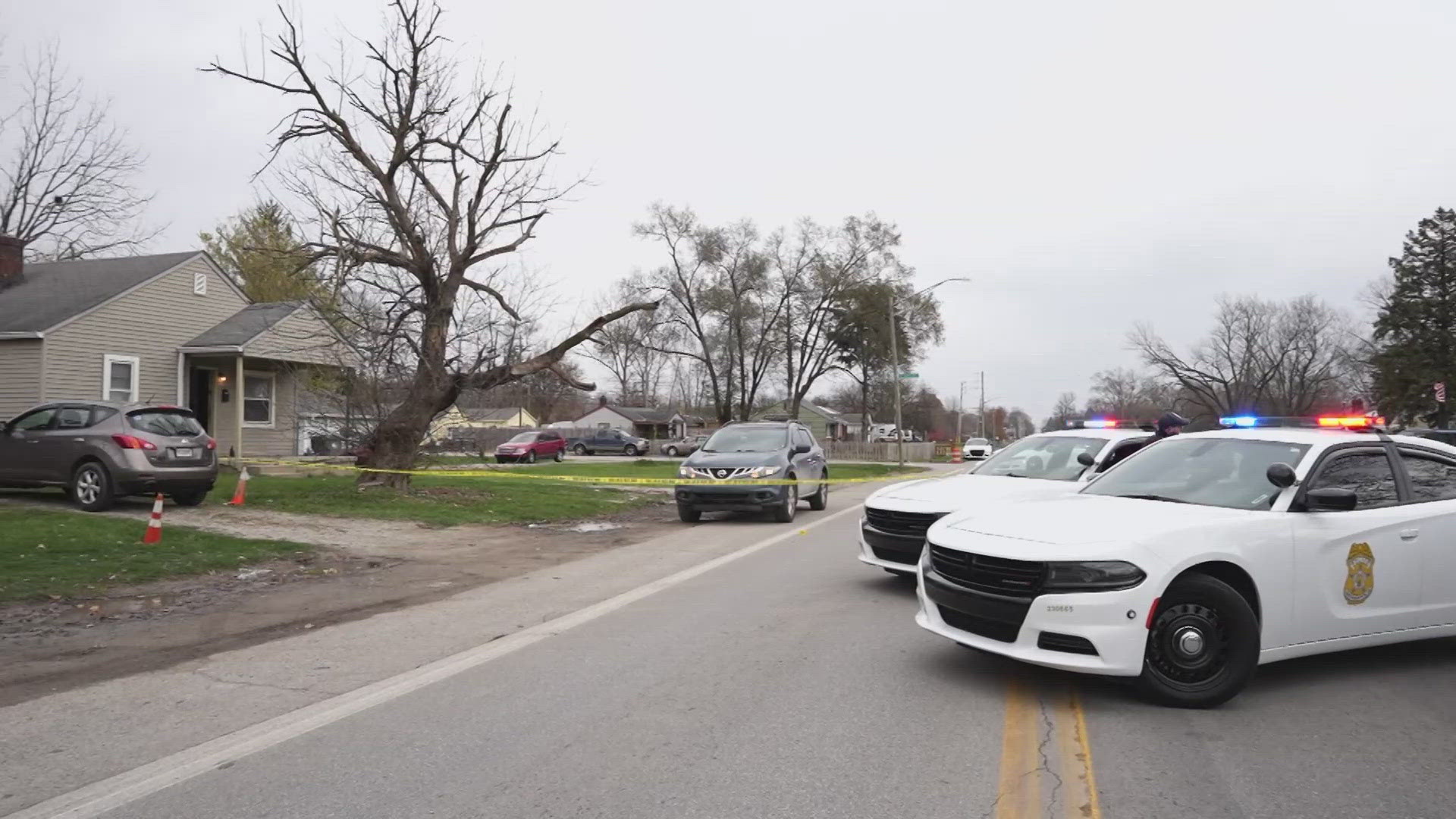Sandra Chapman/13 Investigates
Indianapolis - Thousands of RV owners across the state are facing sticker shock over the cost of plates and registration. For the first time, the BMV is charging an excise tax on campers other recreational vehicles. 13 Investigates went straight to the BMV Thursday to see what's behind the increase.
Elias Underhill is three years old, and he already has a lifetime of memories traveling inside his family's RV. It's a home away from home. But Elias' dad, Sean Underhill, is paying the state almost double to put it on the road.
Indiana's BMV is now for the first time charging RV owners excise tax. In Underhill's case, he had to pay $300. After this story aired, another RV owner contacted 13 Investigates to say his bill went from $68 to $1,100.
"It was pretty much a shock," he said.
For years in Indiana, RVs were considered personal property, because they sit for long periods of time. That was until 2008, when lawmakers passed the property tax cap. But the savings to homeowners wasn't protected on the other end.
"The legislature told us, 'you charge the following excise tax' and they laid out in the legislation that table and the dollars to charge," said Dennis Rosebrough, BMV spokesperson.
"It feels like, you know, all they've done, they've made the promises to cap our property tax. So all they did was switch one tax to another," said Underhill.
The BMV says it sent out 100,000 letters alerting RV owners to the change. Underhill says he didn't get a notice. He was still counting on a minimal registration fee.
"The basic licensing fee is $20.05. So there was not a tax. There was just the registration fee," said Rosebrough.
The increase will cost Elias and his family one of their planned trips.
"It's not leveling the playing field. It's just shuffling things around so they can take more money in taxes," said Underhill.
Based on the new excise tax formula, some RV owners could actually pay a little less based on the make, model and year of the vehicle.
The BMV says the agency was never privy to the amount of property taxes paid on these same vehicles, and therefore could not predict how much the taxes would go up.



